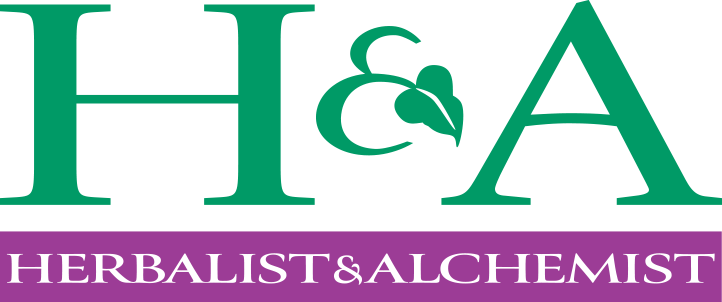You grew up in a family that practiced natural medicine, then after you and your children each experienced a health crisis years ago, you began to study natural medicine more deeply. How did that evolve into your launching Five Elements Holistic Health?
Within one year after a family crisis two of my children and I were diagnosed with auto-immune diseases – all different. This piqued my interest into how stress and trauma are the catalysts to disease. I began to study more about the mind-body connection at that time. Through the grapevine people would hear that I had healed our bodies so I was constantly fielding questions pro bono. Answering them began to take up so much of my time that I decided to study formally and get paid for my passion. Initially I enrolled in Nutrition School, followed by Chinese medicine. After I graduated from these two programs, Five Elements Holistic Health was born. Once practicing I got certificates in Polarity and Cranialsacral Therapy, and Family Constellations Therapy which were wonderful adjuncts to the programs I already offered.
You place a lot of emphasis on nutrition and its impact on individual health in your practice, along with herbal medicine and body work. How are your various modalities incorporated with each other?
My Chinese medicine background is what impacts my practice most. This is a big statement but I think the explanation to the world is within the Five Elements Theory which is the basis of Chinese medicine. Each element relates to an emotion, season, life-cycle, organ system, behaviors and practices, and even food taste-properties. When I have an initial intake with a client I listen closely to their chief complaint. Then I listen to where imbalances in their bodies might possibly have taken root. I confirm my hypotheses with a tongue and pulse diagnosis. At that point I can link the imbalance that is at the root of their official diagnosis or symptom patterns to a particular organ system that needs to balanced. With this information I can develop a very individualized and effective healing/balancing protocol, I even know how to motivate the client to make change using these elements. This is what sets me apart from many practitioners. Two people can have the same diagnoses or symptoms and they could get completely different protocols based on their constitutional diagnosis (tongue and pulse dx). Bodywork is part of each client’s program. The types I practice are excellent medicine for the nervous system. I believe the nervous system is at the root of all imbalances. Polarity and Cranialsacral therapies and reiki can unwind stuckness in the nervous system – old and new – this is essential to total, complete and lasting healing.
